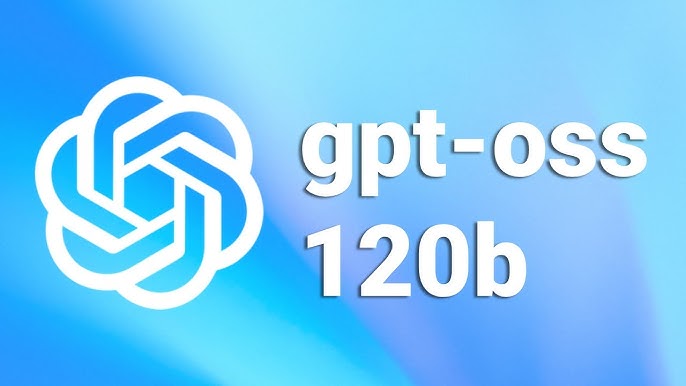OpenAI Releases gpt-oss-120b: Affordable, High-Performance Open-Source AI Model

Introduction
The world of AI development took a significant leap forward on August 6, 2025, as OpenAI announced the release of gpt-oss-120b, a powerful open-source large language model (LLM) engineered to deliver near state-of-the-art performance at a fraction of existing computational costs. This breakthrough lowers the barriers for enterprise and individual developers while raising the bar for open-source innovation[9].
What Makes gpt-oss-120b Unique
- Unprecedented Accessibility: With gpt-oss-120b, OpenAI has created a model that can run on a single GPU — a notable achievement compared to most frontier LLMs, which require expensive multi-GPU clusters or cloud resources[9].
- Performance Benchmarks: The model achieves performance levels comparable to OpenAI’s proprietary o3 and o4-mini models across multiple industry benchmarks, yet is available for free use and adapts to security-conscious business environments[9].
- Cost Effectiveness: Accompanied by a lightweight 20-billion parameter variant, developers can run high-quality AI locally on advanced consumer hardware, leading to dramatic reductions in operational expenses and simplified deployment pipelines[9].
- Enterprise Readiness: Its openness and compatibility position gpt-oss-120b as a viable alternative for organizations wary of closed-source or regionally restricted models, with a particular appeal in safety-regulated industries[9].
Impact on the AI and Tech Industry
The open-source nature of gpt-oss-120b means:
- Accelerated Innovation: Smaller companies, startups, and academic teams now have access to a highly capable language model that previously would have demanded immense resources. This democratization of advanced AI levels the competitive landscape.
- Safety and Compliance: OpenAI’s release puts special emphasis on safety settings, making the model attractive to enterprises with strict data governance or compliance standards[9].
- Direct Comparison: According to early users, performance is competitive with leading closed-source models but at a drastically reduced infrastructure footprint, fostering broader experimentation and integration in applications ranging from chatbots to research assistants.
Future Implications and Expert Perspectives
Experts suggest that gpt-oss-120b may trigger a surge of open-source toolkits, libraries, and application frameworks powered by its engine. Some anticipate a wave of community-led fine-tuning and domain adaptation, reinforcing the ecosystem around transparent and modular AI. This announcement signals a transformation in model accessibility: those who once depended on major cloud platforms can now deploy robust AI on-premises for far less. As @zainkahn and @superhumanai noted in their breakdown, this could redefine enterprise AI strategy for years to come[9].
How Communities View OpenAI's gpt-oss-120b Release
Opinion on the gpt-oss-120b launch is highly engaged across X/Twitter and Reddit, with excitement and debate on the model’s impact, security, and competitive edge.
-
Democratization Advocates (≈45%)
- Users on r/MachineLearning and @YannLeCun hail the release as a landmark for open-source AI, with @superhumanai tweeting that "now anyone can run a state-of-the-art model at home." Many posts reference the dramatic drop in hardware requirements.
-
Performance Skeptics (≈25%)
- AI engineers and r/OpenSourceAI members compare benchmark scores to GPT-4 Turbo, focusing on accuracy gaps and use-case suitability. Some highlight concerns about reliability for large-scale deployments.
-
Enterprise IT Enthusiasts (≈20%)
- CTOs and dev leaders, especially in posts by @zainkahn and r/enterpriseAI, praise its potential to eliminate cloud dependence, particularly for regulated sectors where data residency is vital.
-
Safety/Abuse Worriers (≈10%)
- Security experts like @sama and r/ai_safety discuss risks of easier access to powerful models, urging responsible deployment and monitoring.
Overall sentiment is optimistic, with leading figures emphasizing its role in setting new standards for open AI, though the conversation shows persistent questions around real-world robustness and ethical safeguards.